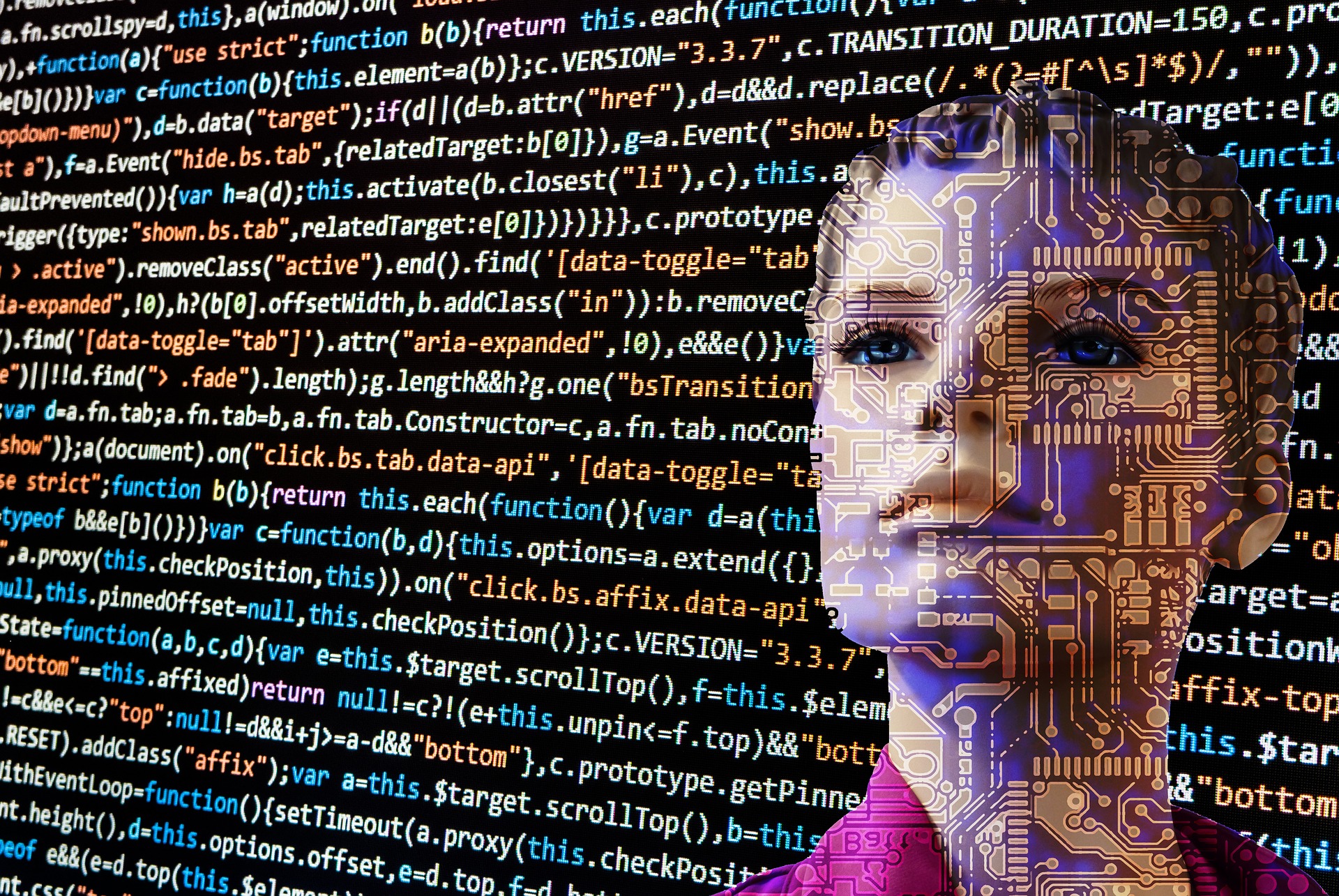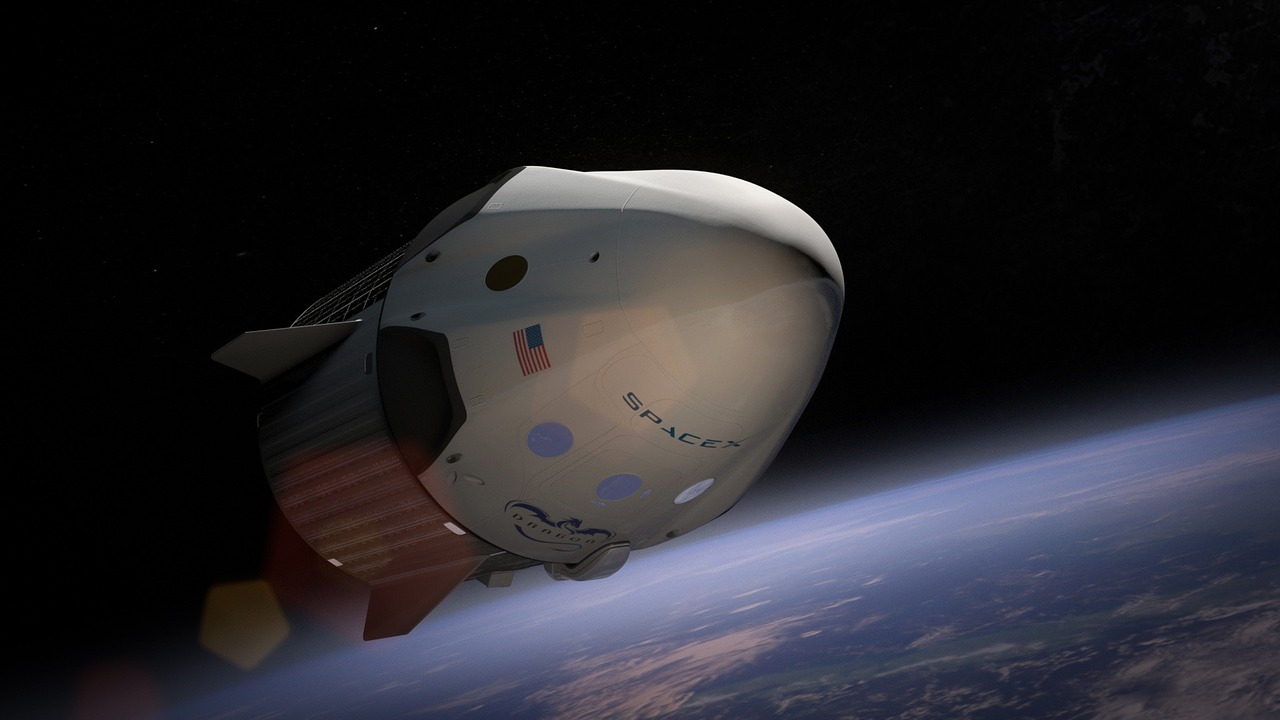
Research Stash Weekly Review 2
- Weekly Review
- 1.9K
Researchers are one gene closer to regenerative therapy for muscular disorders
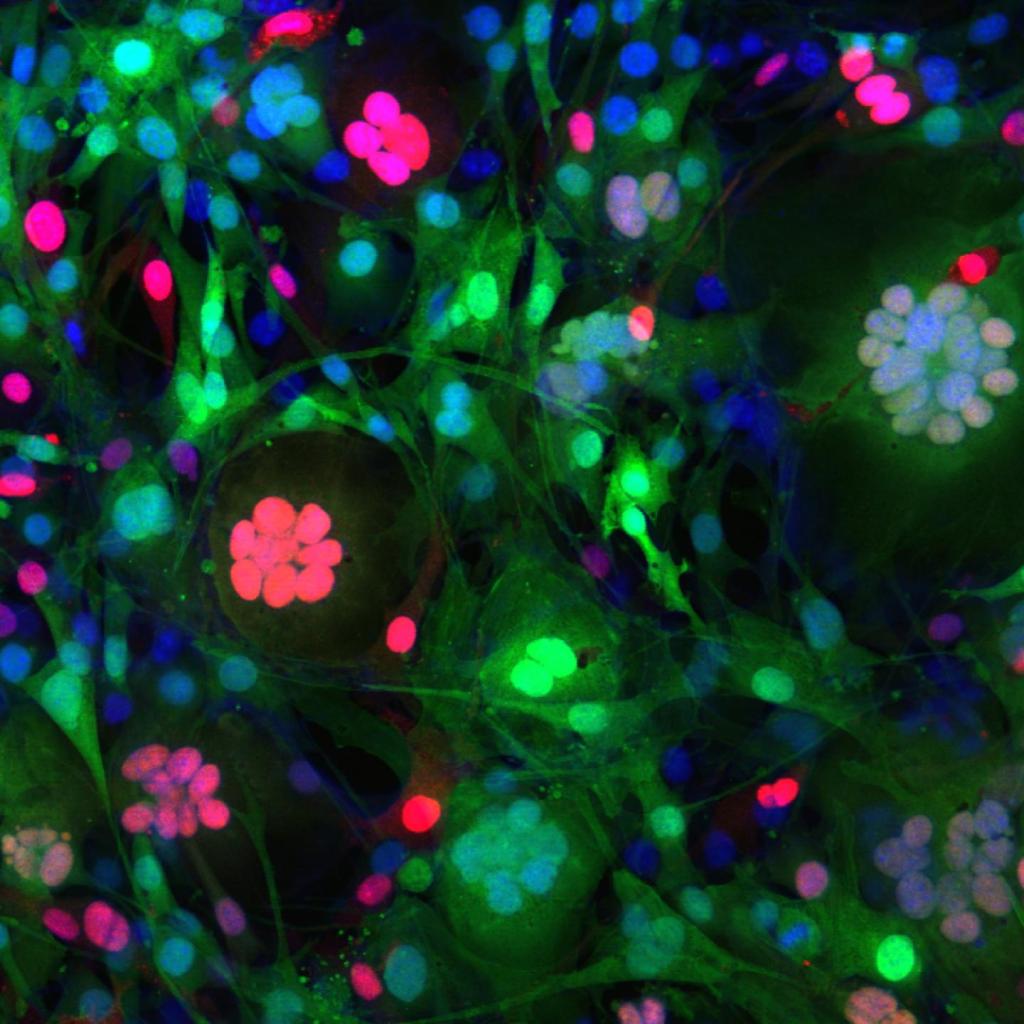
CINCINNATI – A detour on the road to regenerative medicine for people with muscular disorders is figuring out how to coax muscle stem cells to fuse together and form functioning skeletal muscle tissues. A study published June 1 by Nature Communications reports scientists identify a new gene essential to this process, shedding new light on possible new therapeutic strategies. Read More
An End to Fossil Fuels: India Commits to Sell Only Electric Cars by 2030
India commits to sell only electric cars by 2030. It is already the largest market for solar power. https://t.co/EGBNTPzmE5
— Elon Musk (@elonmusk) June 1, 2017
As the U.S. officially backs out of the Paris Climate Agreement, other countries are now more serious than ever to do their part in limiting the world’s carbon emissions. India is one of these, and it’s already leading the charge in solar energy. Read More
Citizen scientists uncover a cold new world near Sun
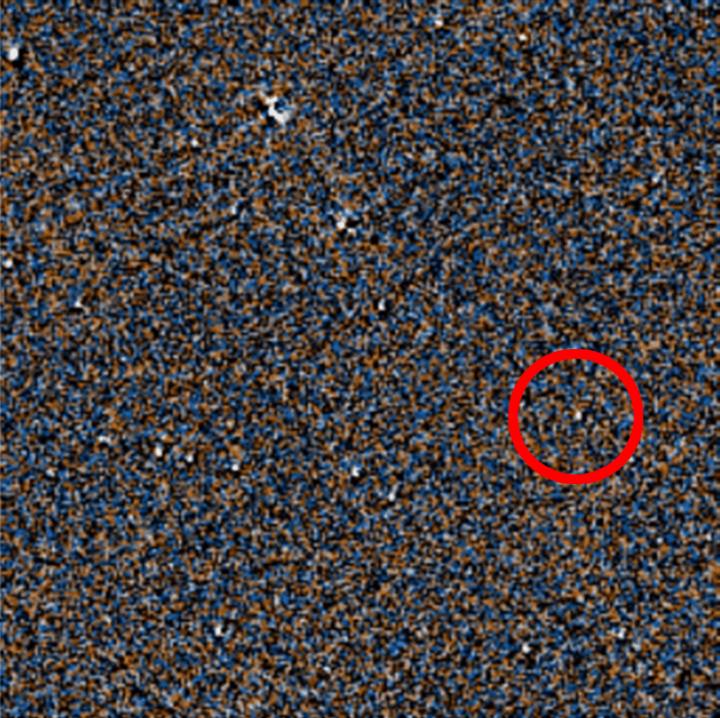
A new citizen-science tool released earlier this year to help astronomers pinpoint new worlds lurking in the outer reaches of our solar system has already led to a discovery: a brown dwarf a little more than 100 light-years away from the Sun. Just six days after the launch of the Backyard Worlds: Planet 9 website in February, four different users alerted the science team to the curious object, whose presence has since been confirmed via an infrared telescope. Read More
Human vs Machine: Five epic fights against AI

Stan Honda/AFP/Getty Images
One by one, gaming champions are losing out to artificial intelligence. New Scientist takes a look at their glorious defeats – and stakes out the next battlefield Read More
A British Teenager Has Corrected a Mistake in NASA’s Data
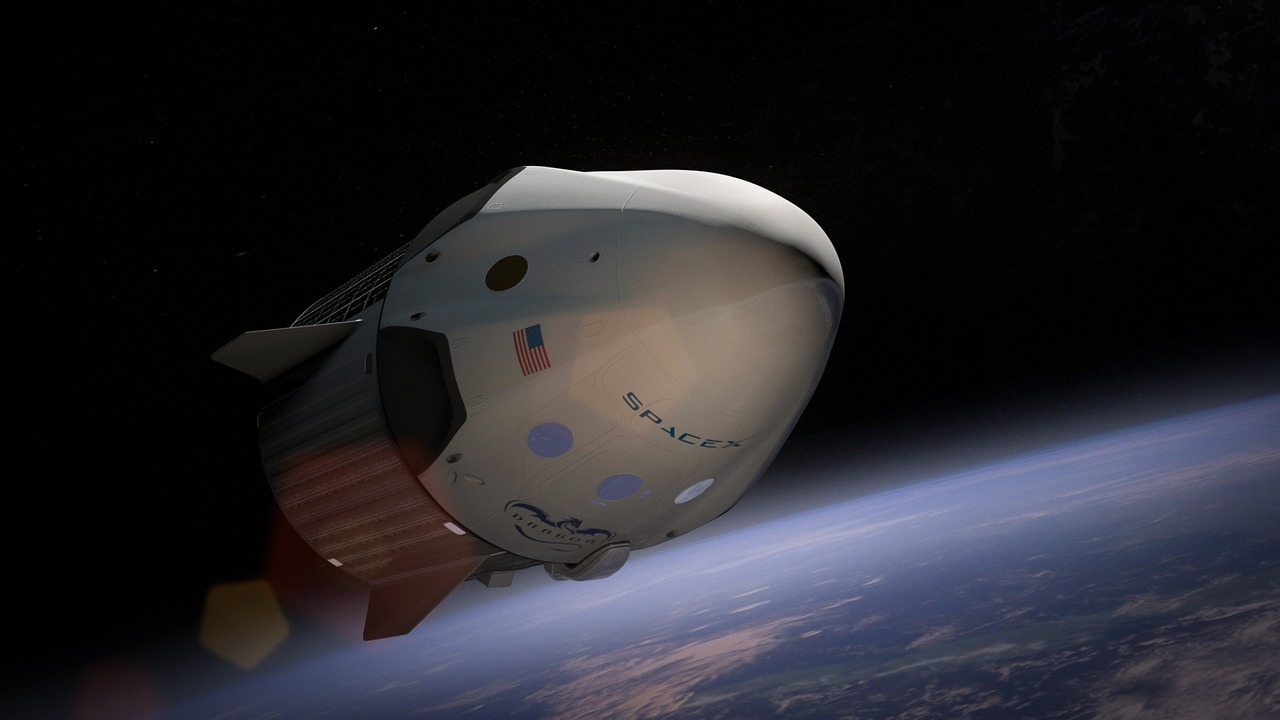
A British school student recently contacted NASA to point out that there was an error in data recorded on the International Space Station (ISS), earning him thanks from the US space agency.
Miles Soloman, a 17-year-old student at Tapton School in Sheffield, was working on the TimPix project, which lets school students in the UK access data recorded by radiation detectors during British astronaut Tim Peake’s six-month stay on the ISS. Read More
Revolutionary Discovery About the Human Brain Could Lead to Second-Gen AI
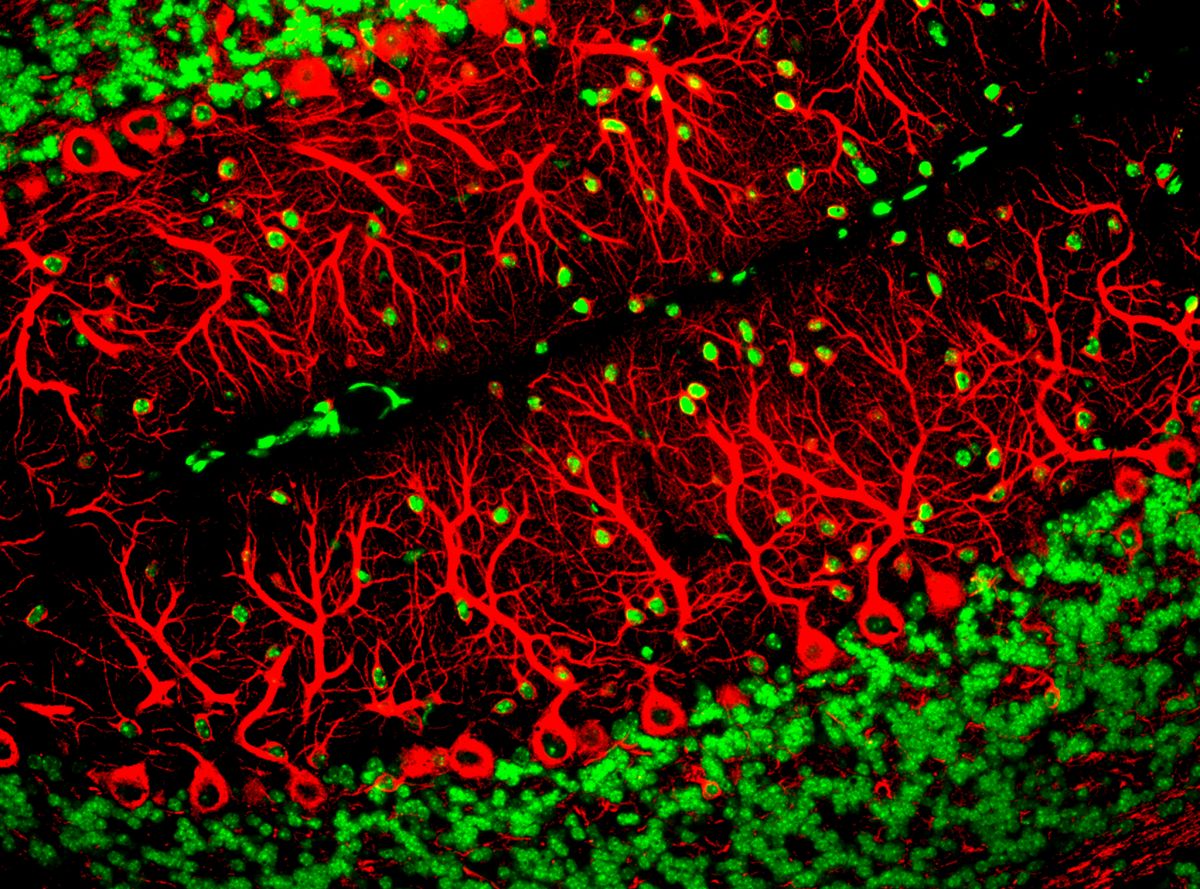
Lund University scientists have discovered that individual neurons are capable of learning sequences. This has huge potential ramifications for research into learning difficulties and AI. Read More
PTSD Risk May Be Influenced By Genetics, Especially In Women
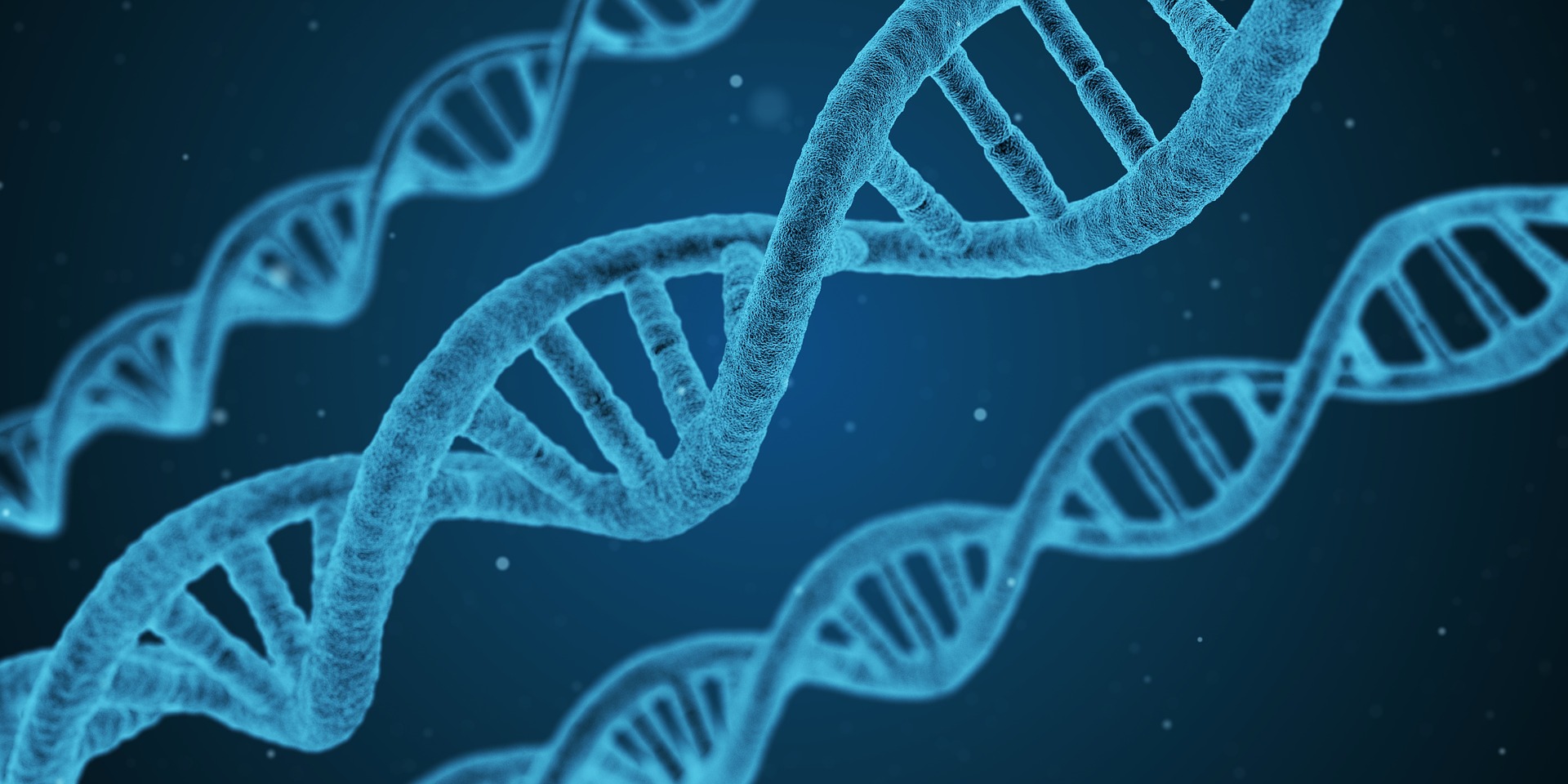
Genetic influences could play a role in the risk of developing post-traumatic stress disorder after a traumatic event, a new study from the Psychiatric Genomics Consortium suggests. Read More
Bacteria release aphrodisiacs that put others in mood for sex
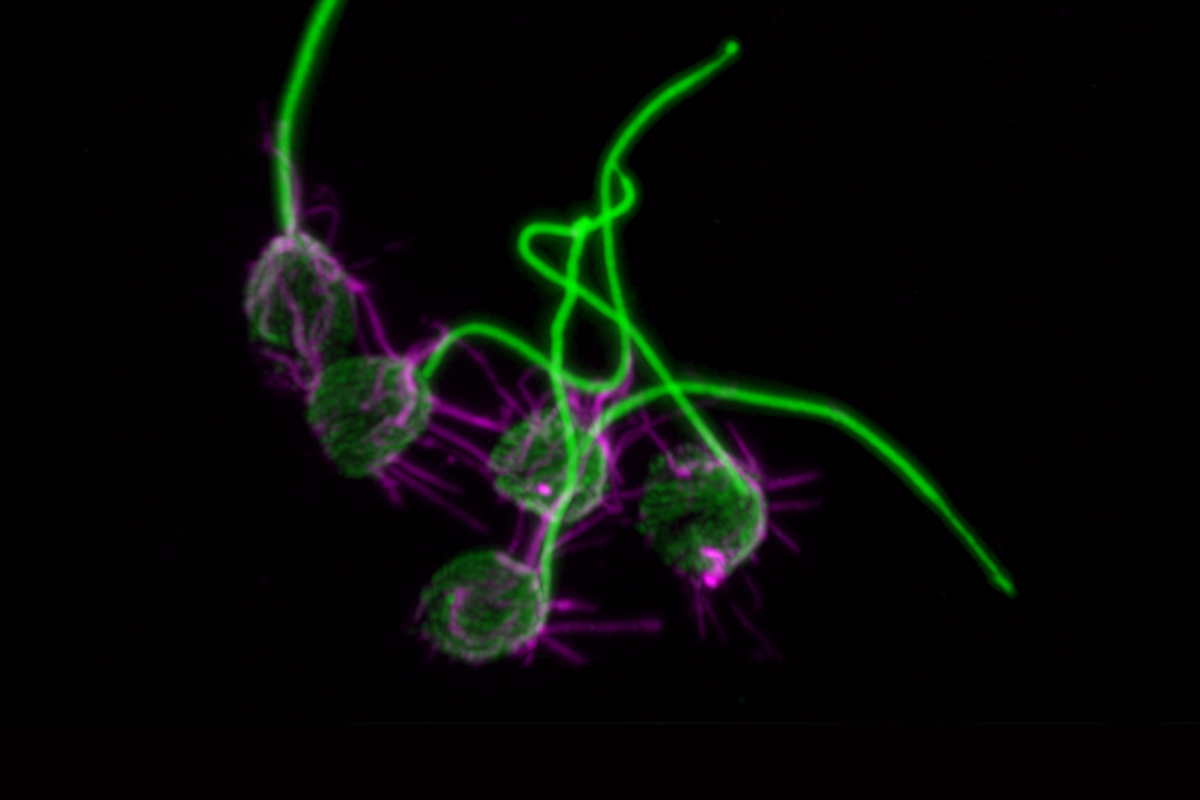
Bacterial secretions put protozoans in the mood for sex. This unexpected aphrodisiac may open the bedroom door for microbiologists to study sexual behaviour in many poorly understood species – and perhaps even in the earliest animals. Read More
For the First Time, Einstein’s Relativity Used to Weigh a Star

The mass of Stein 2051 B, a white dwarf star located about 18 light-years from Earth, has been a subject of some controversy for over a century. Now, a group of astronomers has finally made a precise measurement of the star’s mass and settled a 100-year-old debate, using a cosmic phenomenon first predicted by Albert Einstein. Read More
IKEA engineers are pretending to live on Mars to help them design better furniture
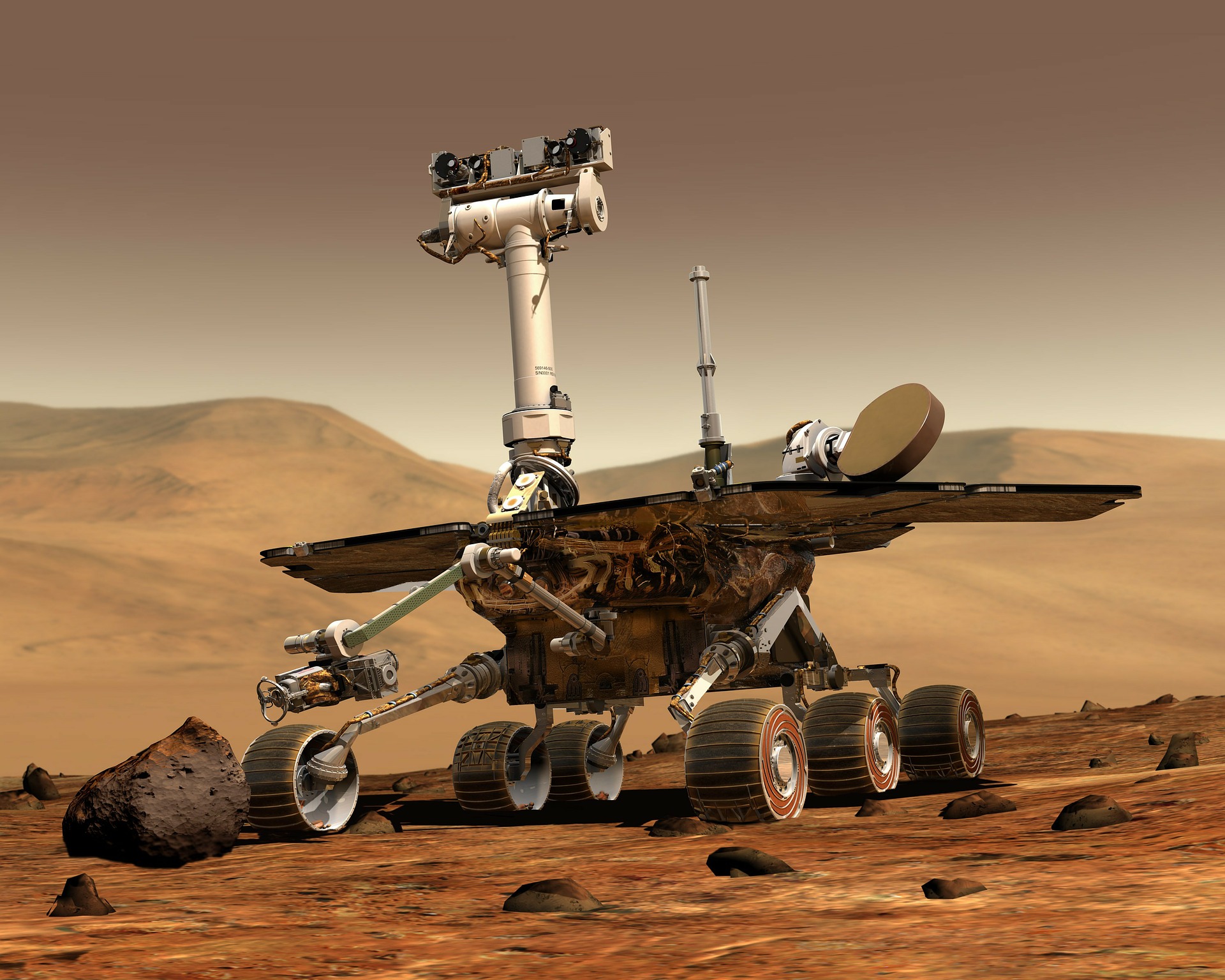
At face value, it sounds delightfully goofy—and totally useless: Swedish furniture company IKEA, known for creating impossibly cheap (and often incredibly chic) flat-pack furniture, has sent several of its engineers to live in a Mars simulation. Yes, the brave men and women who designed your beloved EKTORP sofa and GJÖRA bed frame are hanging out at the Mars Desert Research Station in Utah, playing at space colonization. Read More
Have any suggestions/comments? Feel free to write us from here ✍📧😎


